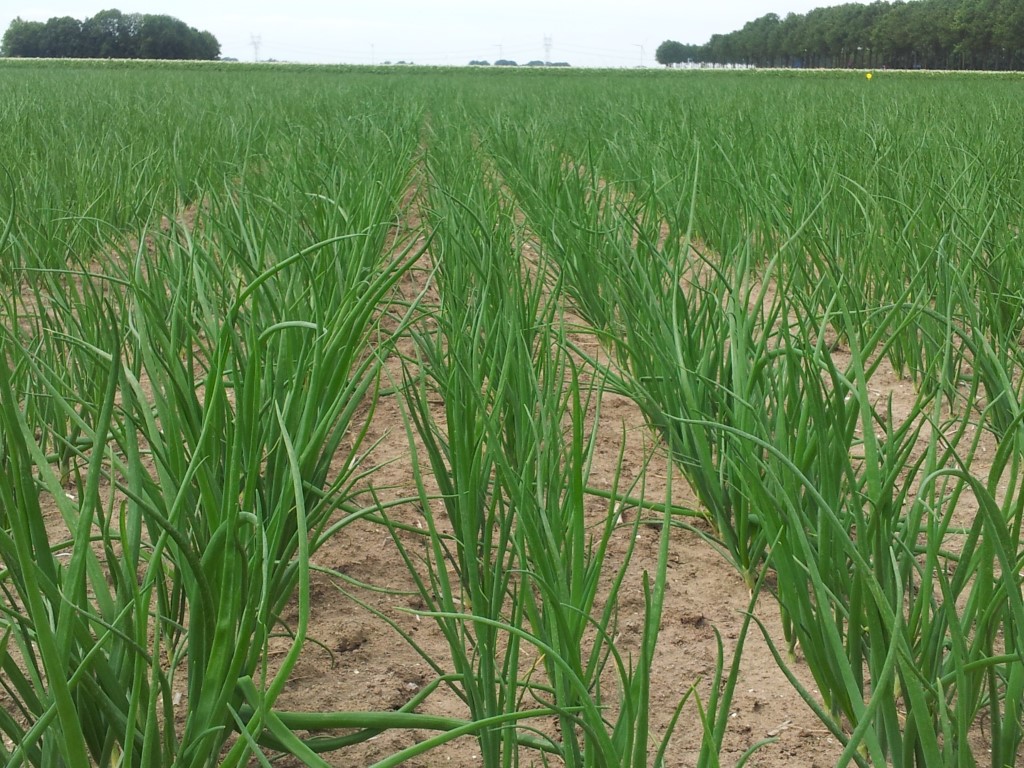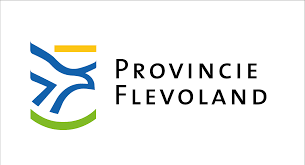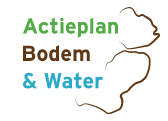Search for robust carrot and onion cultivation

Together with 12 arable farmers from the Noordoostpolder, Delphy Improvement Centre, CLM Research and Advice and Delphy are going to explore the possibilities for a robust cultivation of carrots and onions. Together we investigate what arable farmers can do to reduce the use and emission of chemical crop protection agents and nutrients. And share the knowledge gained. What is unique about this project is that the entrepreneurs themselves, on their own farms, get to work instead of doing research in experimental gardens and on test farms. The project is carried out under the banner of the Flevoland Soil and Water Action Plan. It is financed with a subsidy from the Province of Flevoland and, in parts, a contribution from the Zuiderzeeland Water Board. The 2nd year of the project has now started; the formal procedure for this is ongoing.
Integrated crop protection on the farm
What is new about this project is that we are starting in practice. Integrated crop protection is central to this: using preventive measures as much as possible such as crop diversity in time and space, choice of variety and cultivation method and sustainable soil management. With subsequent targeted control with agents of natural origin and the stimulation of natural enemies. And where necessary, chemical control with as little emission to the environment as possible. We do this with a small group of farmers who take measures under the guidance of experts. And a larger shell of entrepreneurs around them who think and look. Here we make optimal use of ongoing projects and initiatives.
Learning together
Phase 1 of the project started over the winter with a “lecture series.Several experts updated the group on the use of predatory nematodes against onion fly, the construction of banker fields to attract natural enemies, mechanical weed control and ways to make the soil and crop more resilient.Based on this, the arable farmers decided which measures they will work with in 2023.
Measures in onion and carrot
In the Northeast Polder, onion fly damage is the biggest bottleneck in onion cultivation. This growing season, arable farmers are deploying predatory nematodes in combination with sterile insect technology to control the onion fly. And they are looking to see if harrows have an effect on pest pressure by onion fly. In addition, an arable farmer will work with drip irrigation and fertigation. In carrots, we look at optimal fertilization through the use of NDICEA and practical experience is gained with Blue N. Blue N contains a bacterium that converts nitrogen from the air to ammonium, which can be absorbed by the plant. In addition, the biological fungicide Kumar is being used against mildew and alternaria. And a farmer will work with the liquid foliar fertilizer Vitalosol Gold, which is allowed in organic cultivation.
Gain practical experience and continue learning
This year, arable farmers are gaining practical experience. We are monitoring the effects of various measures and looking at their practical applicability. We are also preparing for the next season by looking at other projects, initiatives and studies. So that together we develop tools to further reduce the use and emission of nutrients and plant protection products. For a robust cultivation with the emphasis on prevention that can meet the standards of the Water Framework Directive and the goals set in the Future Vision Crop Protection 2030.
Publication of results
The results of growing season 2023 are available to all and are expected to be made available on the implementing parties’ websites in mid-2024.
Consult here the press release, sent July 4, 2025 to the agricultural media








